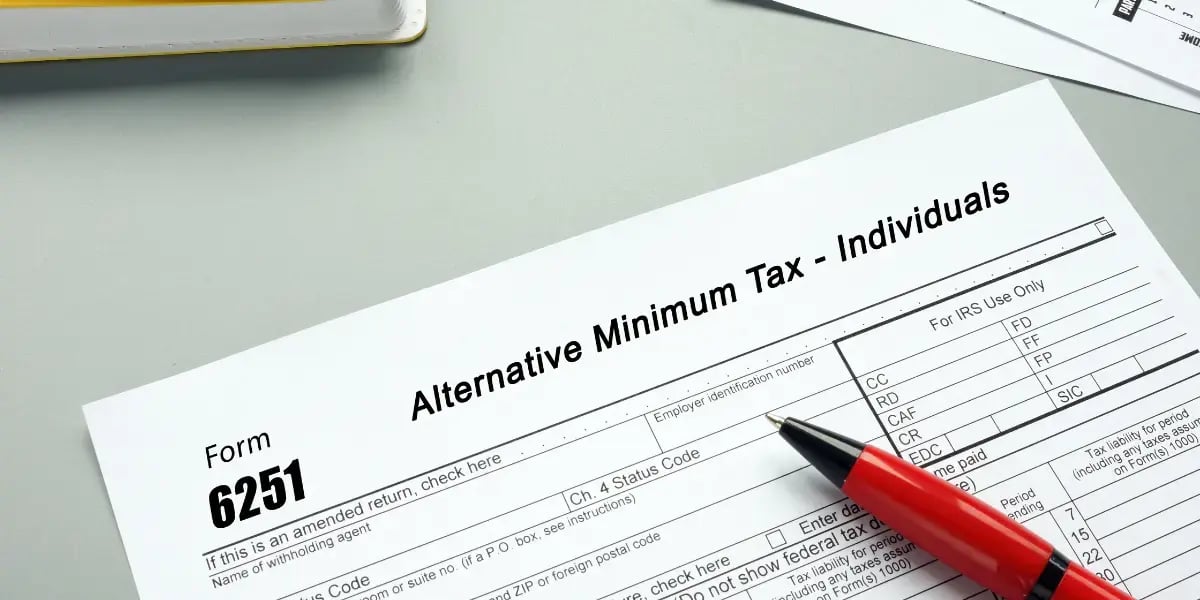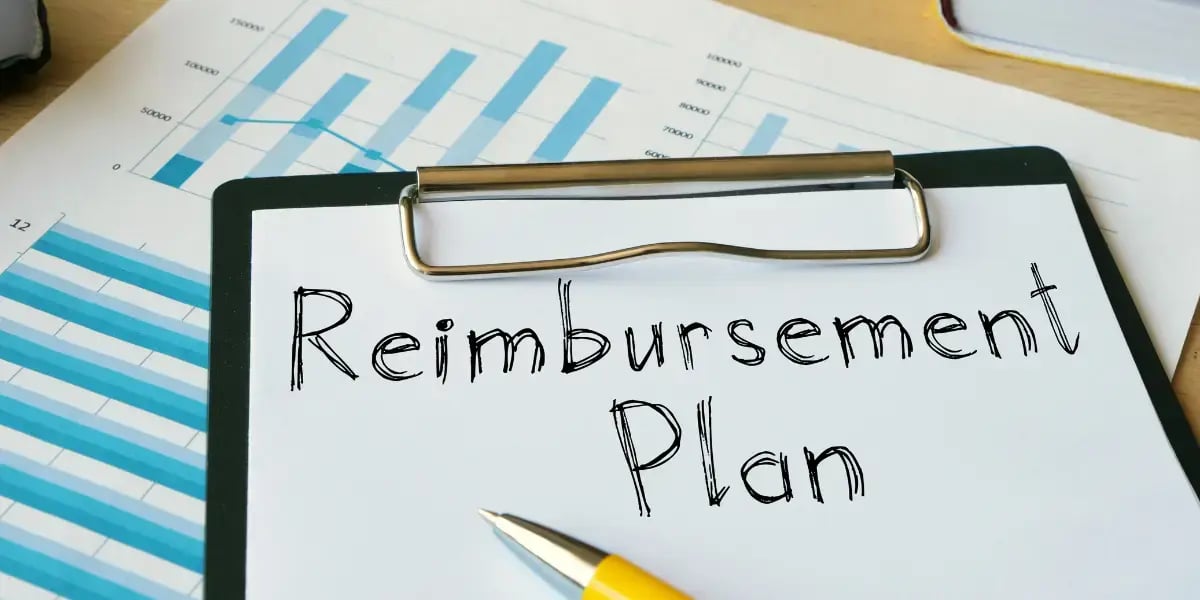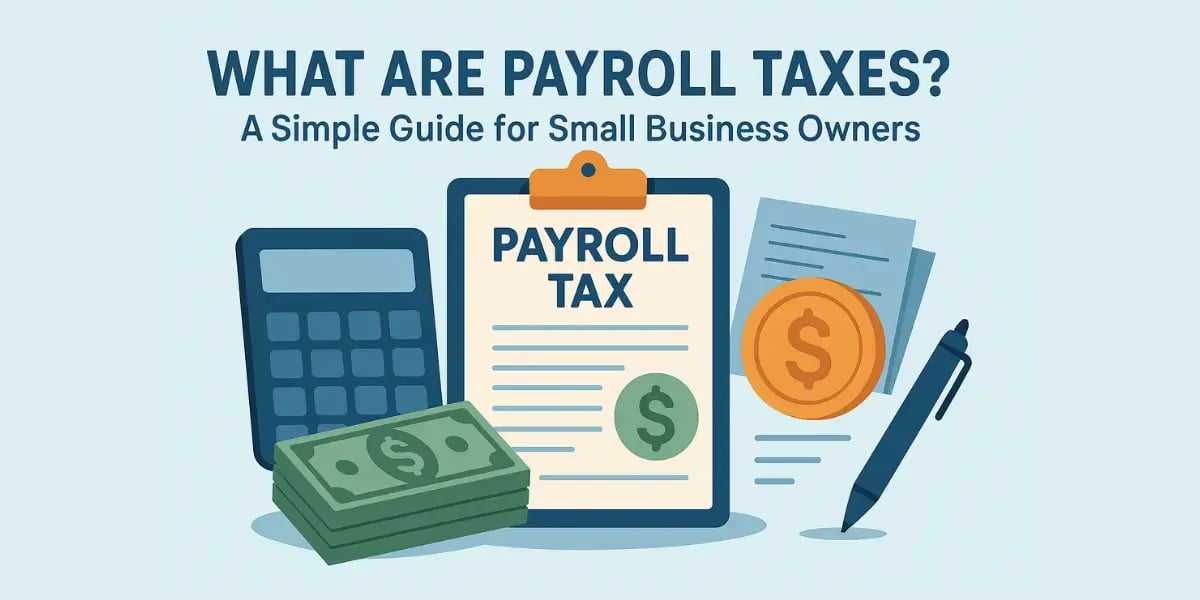Have you ever bought a new "state-of-the-art" piece of equipment only to discover that you paid dearly for some bells and whistles you didn't really need?
Or maybe you invested in a beat-up bargain-basement asset that wound up being more trouble than it's worth. These buying mistakes can be costly to your business — and they can even be embarrassing if they wind up causing mistakes or slowing down productivity.
Analyze the tasks the equipment must perform
With a "needs analysis," you and your purchasing team can identify exactly what the equipment will be used for and what features are essential. Brainstorm with the people who will actually work with the asset. Don't start shopping until the requirements are clear.
Compare specifications and prices
Check with professional and industry associations to see whether they conduct tests of business machines. Trade publications are another potentially valuable source of product reviews. Otherwise, manufacturers' websites and representatives should be able to help you set up a useful spreadsheet.
Ask for references
If you operate your business as a partnership or LLC that's treated as a partnership for tax purposes, you and the other owners can benefit from the generally favorable partnership federal income tax rules summarized here. But applying these rules can get complicated, and an incoming partner can potentially add to the complications. Consult your tax advisor before inviting a new owner to join your group.
Explore used items carefully
There are dealers who sell used equipment for a fraction of the original cost. Many of the castoffs come from companies that went out of business after a short time, so some of the assets may be in good shape. Auctions provide opportunities for picking up lower-priced items, too. As ever and always, however, be cautious about buying used equipment. Look for assurances that any item you're considering has gone through an inspection and, ideally, received some sort of certification.
Keep taxes in mind
There are complex tax laws governing asset purchases and depreciation. Be sure to consult your CPA before buying expensive equipment. Your accountant can also help you set a budget and compare buying vs. leasing.
© 2024
Blog Disclaimer: Nothing in this post constitutes legal, tax, or financial advice and is intended for informational and educational purposes only. This informational and educational material is not intended, and must not be taken, as legal, tax, or financial advice on any particular set of facts or circumstances or as recommendations that are suitable for any specific person. You need to contact a lawyer, accountant, or financial adviser licensed in your jurisdiction for advice on your specific questions, issues, and concerns. View our full here.
TMA Accounting
TMA Accounting has helped small businesses simplify accounting, payroll, and taxes for over 25 years so owners can focus on growing with clarity and confidence.
























